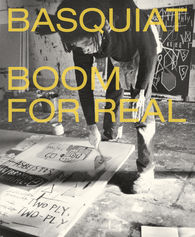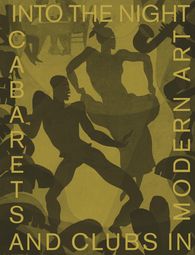
This landmark monograph traces six decades of Colombian artist Beatriz González’s bold and radical reimagining
of images, power, and memory through painting, sculptural assemblage, and largescale public interventions.
Coinciding with her largest European retrospective to date, this striking exhibition catalog presents more than 100 works and 300 images, capturing a body of work that is urgent, unflinching, and deeply original. González dismantles visual hierarchies by reworking images from newspapers, Western art history, and religious iconography into a bold, graphic language all her own. Her iconic early series The Sisga Suicides (1965) reinterprets a newspaper photograph of tragedy through vibrant stylization, while later pieces—such as Kennedy (John Fitzgerald)... (1971) and Interior Decoration (1981)—transform furniture, wallpaper, and public space into sites of political memory. Across each phase of her career, González addresses recurring violence in Colombia, the legacies of colonialism, and the displacement of communities with satire, tenderness, and defiance. Richly illustrated and rigorously researched, this book situates González’s work within the history of Colombia while revealing how profoundly her practice resonates across global contexts. Reflections from contemporary artists punctuate the chapters, underscoring her influence across generations. Essential for scholars, curators, and readers interested in the transformative potential of art in public life, this volume offers a vital introduction to González’s singular vision—and to what images can reveal, provoke, and resist.



